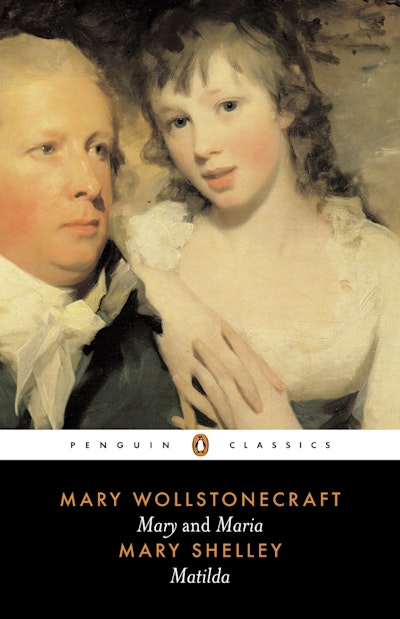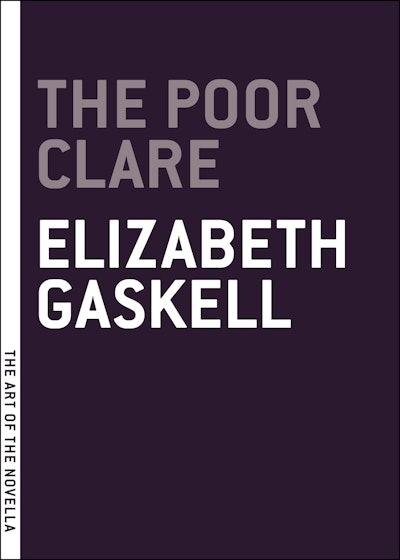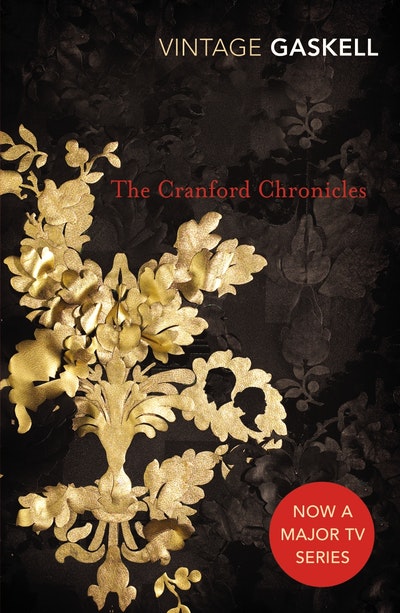- Published: 14 September 2000
- ISBN: 9780140437416
- Imprint: Penguin Classics
- Format: Paperback
- Pages: 416
- RRP: $26.99
Gothic Tales
Elizabeth Gaskell's chilling tales of the supernatural
Elizabeth Gaskell's chilling Gothic tales blend the real and the supernatural to eerie, compelling effect. 'Disappearances', inspired by local legends of mysterious vanishings, mixes gossip and fact; 'Lois the Witch', a novella based on an account of the Salem witch hunts, shows how sexual desire and jealousy lead to hysteria; while in 'The Old Nurse's Story' a mysterious child roams the freezing Northumberland moors. Whether darkly surreal, such as 'The Poor Clare', where an evil doppelgänger is formed by a woman's bitter curse, or mischievous like 'Curious, if True', a playful reworking of fairy tales, all the stories in this volume form a stark contrast to the social realism of Gaskell's novels, revealing a darker and more unsettling style of writing.
- Published: 14 September 2000
- ISBN: 9780140437416
- Imprint: Penguin Classics
- Format: Paperback
- Pages: 416
- RRP: $26.99






























































































































































































































































































































































































































































































































































































































































































































































































































